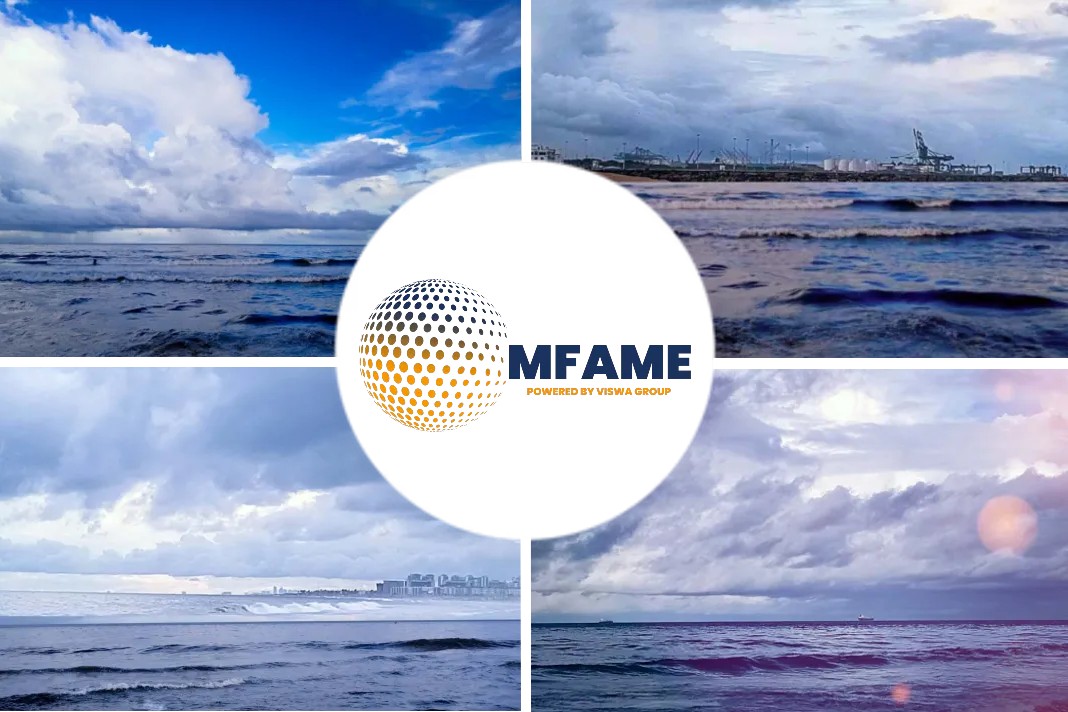
Slow transition of energy
Lacking the adoption of proven, clean technologies that drive fuel and operational cost savings as part of daily operations, the potential cost implications of future fuels would hinder the energy shift. According to Nippon Paint Marine, a global pioneer in marine coatings, shipping must move now to adapt and evolve its operations in order to pay the increased costs of tomorrow’s decarbonized maritime economy.
While there is no ‘silver bullet’ to secure shipping’s decarbonization, the delivery and uptake of a new generation of viable and proven zero-carbon fuels will be essential to meeting the targets and expectations of regulatory bodies like the International Maritime Organization (IMO), the EU and wider stakeholders in the maritime value chain.
“Shipping companies must take decisive action when it comes to decarbonising the industry.Clean technologies that are performance-based, such as advanced marine coatings which are the most widely used in the market, play a key role in driving the immediate reduction in fuel consumption and emissions today, as well as delivering operational efficiencies that will enable the successful transition to future fuels in the medium to longer term.”Mr. Hirozaku Kaji, Technical Director at Nippon Paint Marine, explains.
Fuel Alternatives
There are multiple fuel options on the table to rapidly decarbonise the maritime industry–
“Future fuels will undoubtedly play a critical role in meeting shipping’s decarbonisation targets. However, these cost implications may prove commercially difficult and cost prohibitive for many industry players. Laying the groundwork by adopting clean technologies such as hull coatings can help ship owners and operators improve operational performance and mitigate the increased costs of more expensive future fuels. It will also make their assets more competitive in the eyes of their charterers who often pay for the cost of fuel. Implementing a proven and effective low-friction antifouling marine coating for example, can reduce fuel costs and emissions by up to 10% alone compared to using standard antifoulings that do not have proven biomimetic or low-friction properties”said Mr. Kaji
Availability of Technology
Considering the wide variety the shipping sector holds and the availability of clean technologies, it is critical that ship owners and operators embrace proven solutions based on extensive due diligence and analysis. Working with manufacturers who demonstrate discipline in the R&D and testing process guarantees that the claimed efficiency gains are verifiable and have a measurable commercial impact.
Nippon Paint Marine is at the cutting edge of technological innovation, investing in cutting-edge R&D facilities to bring new marine coatings to market based on a real-world understanding of the issues that its clients encounter. The company is committed to providing innovative solutions that break new ground and assist its customers in tackling the maritime industry’s most difficult challenges, thereby accelerating the path to decarbonization and wider sustainability.
Did you subscribe to our newsletter?
It’s free! Click here to subscribe!
Source: MI News Network
















